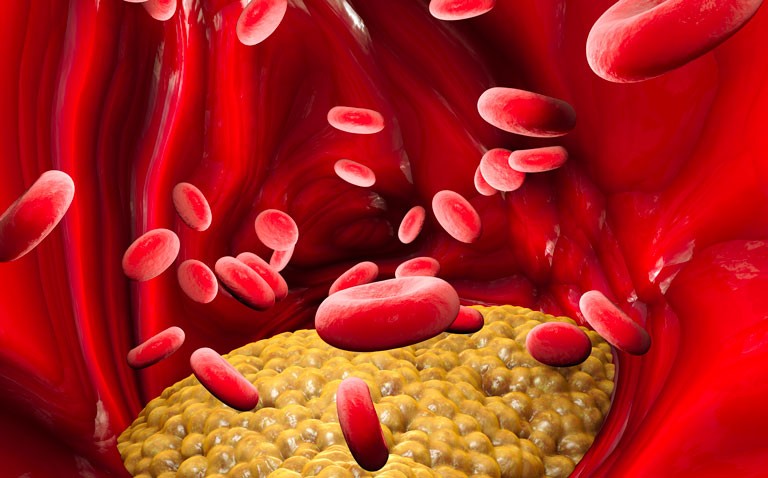US dietary guidelines in 2015 noted that cholesterol was not deemed a nutrient of concern for overconsumption. However, there was limited evidence for the association between intake of cholesterol-rich foods and all-cause mortality.
International dietary advice recommends that individuals adopt a healthy eating pattern which includes avoidance of over-consumption of cholesterol-rich foods. Eggs are a highly nutrient-rich food containing protein, vitamins and bioactive compounds such as lecithin and carotenoids as well as a high level of cholesterol and which might contribute to cardiovascular disease. However, a recent meta-analysis found that it was not possible to draw conclusions on the relationship between cholesterol intake and cardiovascular disease. Thus with such an uncertainty, a team from the National Engineering Laboratory of Intelligent Food Technology, Zhejiang University, China, examined the relationship between egg and dietary cholesterol intake. The team turned to data collected from the NIH-AARP which is a prospective cohort study that began in 1995 and was designed to better understand the relationship between diet and health. The dataset includes over half a million participants who have completed a comprehensive questionnaires over time and which cover demographics, lifestyle characteristics and dietary history. For the present study, the researchers focused on the association between egg and cholesterol intake and mortality due to either any cause, cardiovascular disease or cancer.
Findings
The analysed cohort included 521,120 participants and who were followed for a mean of 16 years. The median daily intake of whole eggs and cholesterol were estimated to 8g and 208mg respectively. During the period of follow-up there were a total of 129,328 deaths and intake of both whole eggs and cholesterol were positively associated with increased mortality. For example, for each additional intake of half a whole egg, there was a 7% increase in all-cause, cardiovascular disease and cancer mortality. In a secondary analysis, this positive association remained significant when examining the different methods of cooking and among individuals either older and younger than 60 years of age. When comparing intake of cholesterol and mortality it was shown that for every additional 300 mg intake of cholesterol, all-cause, cardiovascular disease and cancer mortality increased by 19, 16 and 24% respectively. In contrast, substituting half a whole egg with equivalent amounts of egg whites or substitutes, reduced all-cause mortality by 6% (hazard ratio, HR = 0.94, 95% CI 0.93 – 0.96). A limitation of the study was that it was based on self-reported intake and thus subject to recall bias. Nevertheless, the authors concluded that replacing whole eggs with equivalent amounts of either egg whites or substitutes and limiting cholesterol intake, could potentially improve long-term survival.
Citation
Zhuang P et al. Egg and cholesterol consumptions and mortality from cardiovascular and different causes in the United States: a population-based cohort study. PLOS Medicine 2021 https://doi.org/10.1371/journal.pmed.1003508










